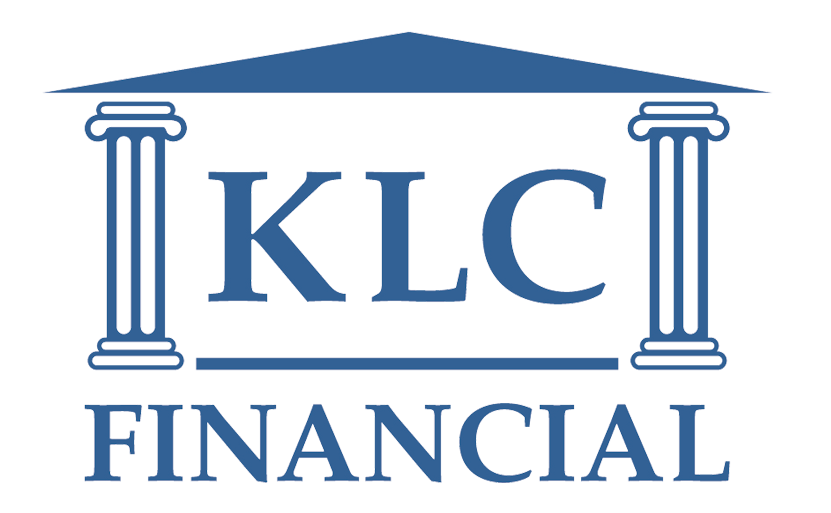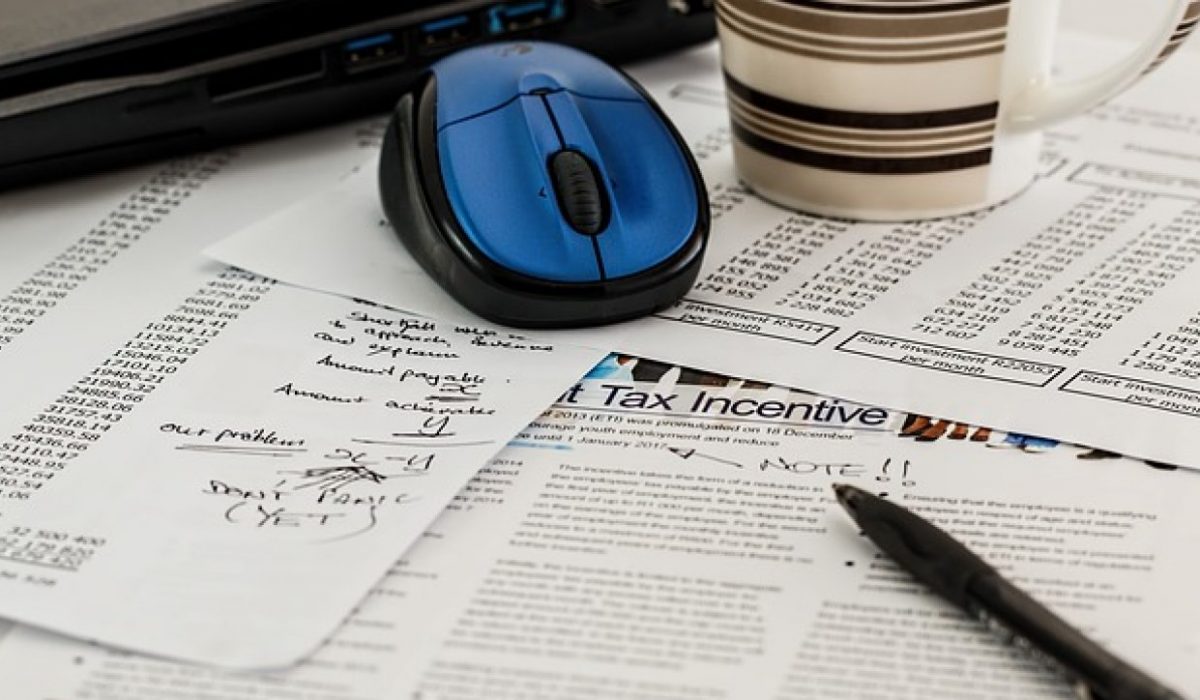8 Tax Write-Offs For Small Business
Tax time is fast approaching and for many small business owners, stress and worry are beginning to set in.
If you are looking to keep more money in your pocket this year, it’s important to take all of legitimate tax deductions you possibly can. It’s never a good idea to mess with the IRS, so be sure to check on current rules and regulations and consult a tax professional before jumping into deductions.
Here are eight tax write-offs that may benefit your small business this year.
Mileage Expenses
If you drive for business, the IRS will reimburse you for some of the costs related to keeping your car on the road. It’s important to keep a strict record of all business related miles, tolls, and parking fees. Keeping a notebook in the car makes it easier to keep track of your trips, but make sure to be very specific and include the date, purpose of your trip, and any mileage and fees.
For 2015, you can deduct 57.5 cents per mile plus any business related parking fees and tolls. For 2016, the deduction drops to 54 cents per mile.
Home Office
Many people hesitate to claim a home office deduction, but they shouldn’t. The IRS qualifies a home office as being a space devoted solely to business activities and nothing else. Meaning you can’t claim the family room as your home office if the entire family watches T.V. in there and uses the space.
The IRS recently simplified this deduction by making it $5 per square foot with a maximum of $1,500 for an office space of 300 square feet. While this is easier than the traditional method of figuring out the total square footage of your home office and diving it by your homes total square footage, the traditional method may save you more money. Fortunately, either option will keep more money in your pocket.
Startup Costs
The money that went into getting your small business up and running can be deducted once your business opens. Advertising, training employees, and consultant fees are all examples of eligible expenses. Small businesses are able to deduct $5,000 in startup costs the first year the business is open and any remaining costs can be deducted over the next 15 years in equal amounts.
Bad Debts
If a client or customer fails to pay you, this debt may be deductible. If your small business sells goods of some kind and you didn’t get paid for goods sold, you can deduct this. If your business only provides services, you are out of luck, any time dedicated to customers is nonrefundable.
Travel
If you travel for business, you can deduct the price of your ticket, lodging, car rental, taxis, and other any expenses directly related to the trip. Want to bring your family along? No problem, but only your expenses are tax deductible.
Business Entertaining and Meals
Entertaining current or prospective clients? You can deduct 50% of the cost as long as the main purpose of the meal or entertainment is to conduct business. This can include everything from lunches and dinners to sporting events or a round golf. Be sure to keep a record of where you went, who you were with, and the purpose of the entertainment.
Advertising and Marketing
Marketing and advertising expenses directly related to your small business can be deducted. This includes things like business cards, print ads, and radio.
Office Supplies and Furniture
Did you stock up on office supplies this year? How about a new office chair? All of these items are tax deductible, just make sure to keep your receipts. For larger purchases, you can either take a 100% deduction for the year you bought them, or spread the expenses out (depreciation) over a period of seven years.
Tax season can be overwhelming, but it’s worth it to take your time and explore your options. Do some research, consult a tax professional, and keep a few more dollars in your pocket this year.



